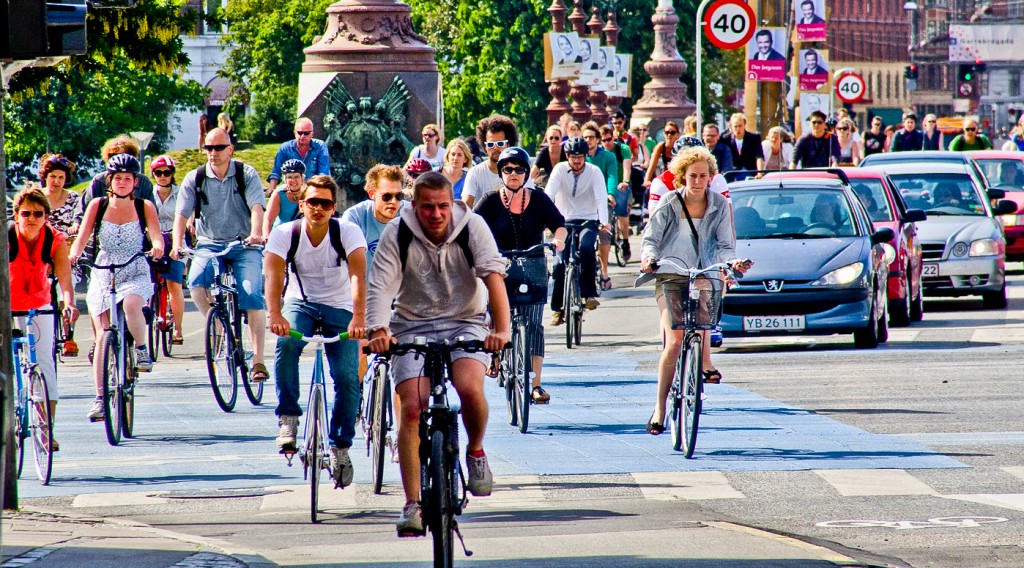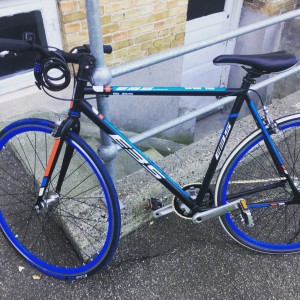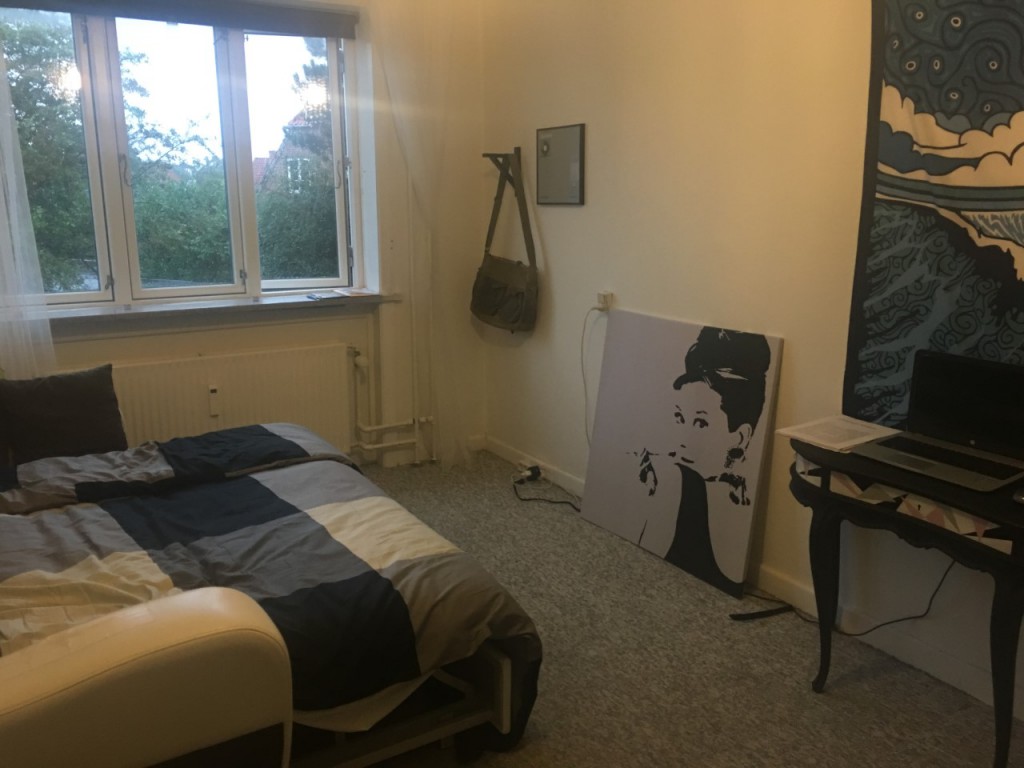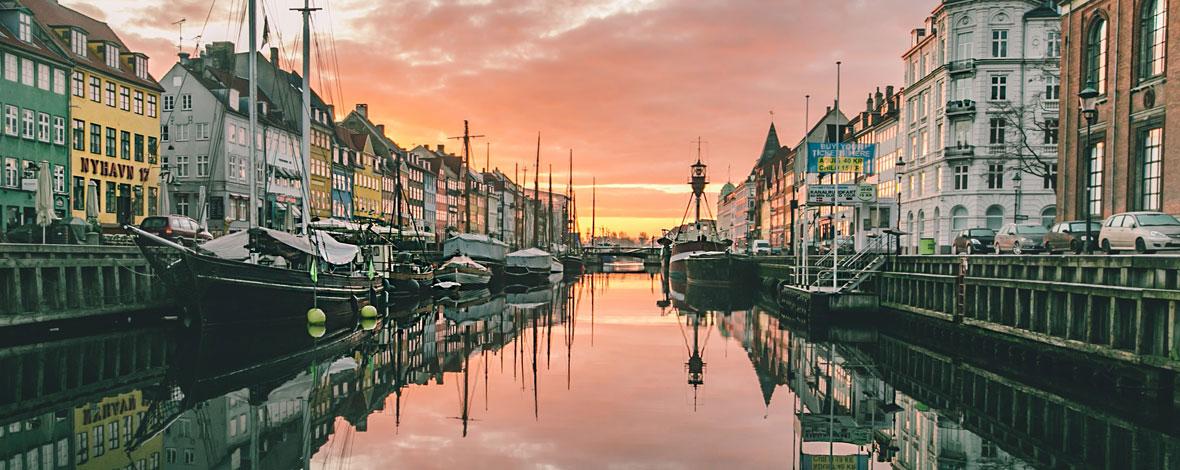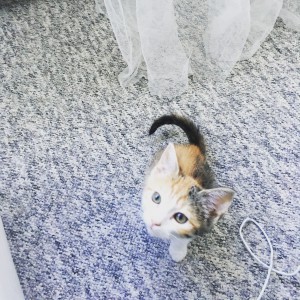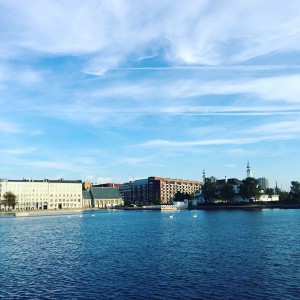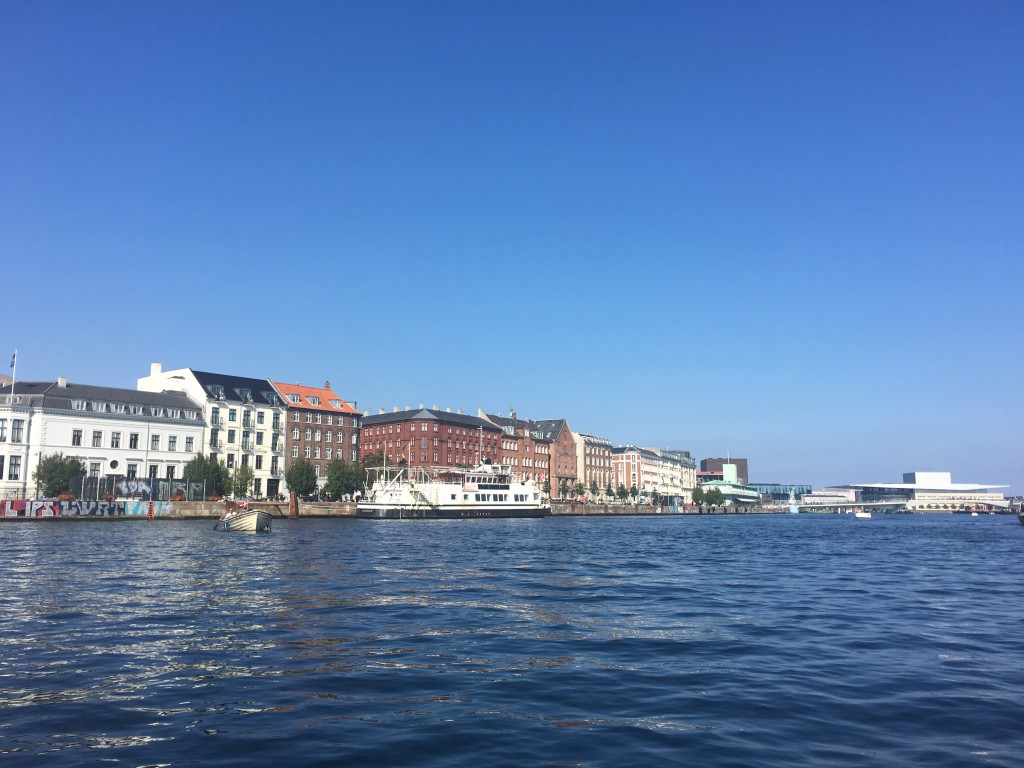
One of the great dangers of going abroad for school is that you end up living in what I like to refer to as the “international bubble,” which I define as moving to a new place and surrounding yourself with people who are in a similar position, which separates you a lot from the locals. This was certainly the case for me during my time studying abroad in Belfast in Northern Ireland last Fall, and I am already getting the sense that it will be the case for me here in Copenhagen as well. When I was in Belfast, I lived in a house that was exclusively for international students, and this meant that they became my primary friends and study partners, such that I did not see too much need to meet people locally. One of the problems of this is that it can shape and change your experience of the place in a way that is not directly reflective of it, but a benefit is that living in an international environment can lead you to being exposed to peoples and perspectives from all over the world. I think you need a little of both when living in an international place, especially when you are studying.
Before I engage more fully with this debate, though, let me provide some context. I came to the city of Copenhagen to study for an MSc (that is, Master’s by Science) in Global Development at the University of Copenhagen. (Surprise!) It’s a multidisciplinary degree (I still have trouble explaining this to people) similar to development studies, but focused on the merger of anthropology, economics, and geography, using political scientific methods and research strategies. And indeed, they constantly remind us of this multidisciplinary nature of our degree during the course. I’ll talk more about multidisciplinary studies in my next post, and its relevancy for development, but suffice to say I applied because I am a big proponent of it. I also liked the flexible nature of the program and really wanted to get out of the States for a while, and this seemed to be the right program for what I wanted to do. I was determined to study in Europe, even though I told myself, and my parents that I would take a year off. (Fun fact: I applied at the last minute to this school, and only this school for this year, because I liked the nature of the degree so much, and didn’t tell my parents… sorry Mom and Dad!).

*insert stock promotional photo for Global Development here*
Ultimately, and especially after the first few weeks, I’m happy I made the choice to both apply and come here because I’m of the opinion that your studies reflect your reality. Let me explain. If you are studying international issues, you deserve to put yourself in an international setting – at least for a time – such that you can really understand the issues you are studying and reaffirm to yourself why you are studying them. It’s a stretch to say that day-to-day life in Denmark is much different than life in America, but the social, cultural, and political contexts are different, and that’s not nothing. To my mind, studying internationally has three concrete benefits, especially for a degree like this: (1) it allows your reality to reflect your aspirations, (2) it forces you to be outside of your comfort zone in a way that reinforces what you are learning, and (3) it allows you to make international friends and connections which will be important for your career. Given these three advantages, and the right privilege and means, it made sense for me to study internationally.
It’s my opinion that everyone should travel and live overseas for a spell. Obviously, this is not practical or feasible, especially given a variety of different life circumstances, backgrounds, and economic, social, and political contexts, but it’s a worthy aspiration. (I also believe that it could be encouraged through government-sponsored programs and public works, but that’s a fight for another day.) At the very least, everyone should aspire to live outside of their comfort zone. This can mean moving halfway across the world, but it can also mean moving to a different state, or putting yourself in a more socioeconomically diverse setting. It could even mean just wearing different socks every morning, so long as this relevant to what you want to do with your life. (Sock producers of the world unite!)
If you are studying international issues, this seems particularly apt, and for me it reinforces learning. Talking about differences in language and culture with your friends every day, you can put your degree in context. Because of the nature of the program and its content, it is a highly international course, attracting one of the most diverse student profiles of any program at the University. Approximately 3 out of 4 of us come from outside Denmark, and nearly 1 out of 3 of us from outside of the European Union. This means all of the friends I’ve made so far are from all over the world, which is useful in many ways and also fun because of the variety of opinions and stories you get to here. I’ve been fortunate to really enjoy my program so far, and the people within it, and I can’t wait to see what comes next.
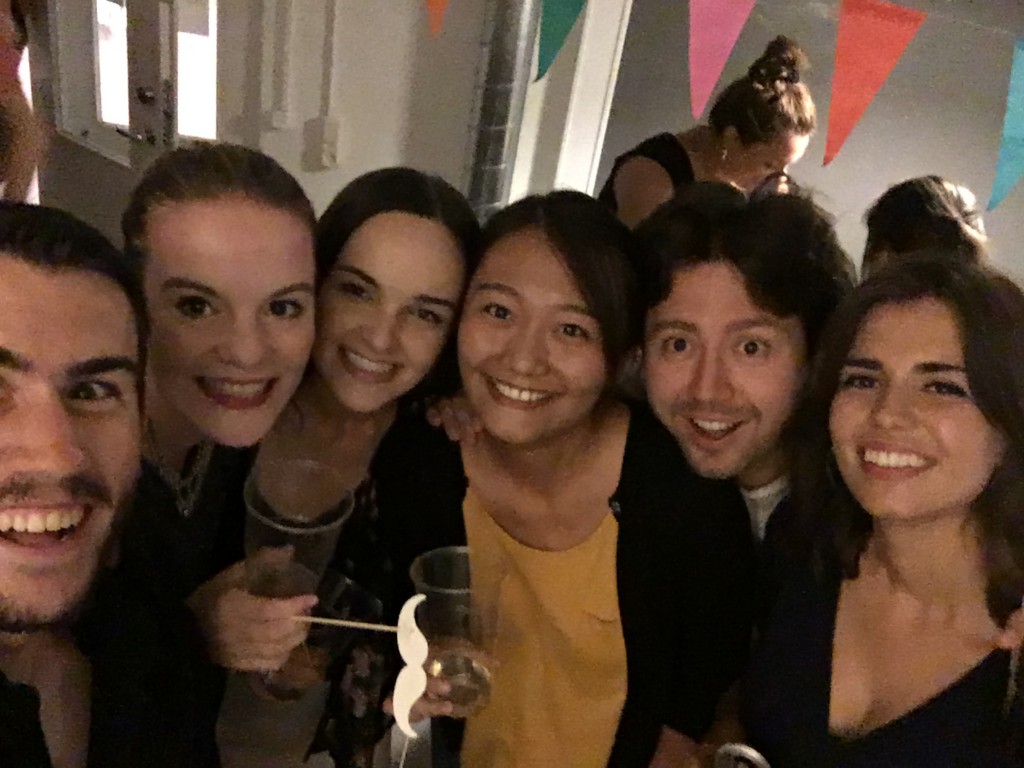
I made friends, I swear!
However, while it’s incredibly exciting to be a part of such a wide-ranging group of people, it’s also surprising how insular that can feel at times. This is, as I refer to, the problem of living in an international bubble. When you study with an international group, you bond quickly and rapidly because you share the similar experience of being outside of your own context, to the point that you end up spending all your time together (studying, partying, shopping, hanging out, etc.) If you go on too long like this, you begin to almost not see the point of meeting people locally, which is where I am at. I’m beginning to get comfortable, and I am worried that this will make me complacent.
So, over the next couple of weeks I am going to go out of my way to try and pop the international bubble, so to speak; to make myself more accessible and to meet more local people. When I talk about putting yourself outside of your comfort zone, I think that it should be a constant process of constant reinvention. During my life back home, and especially growing up, I was never comfortable doing this and it often led to me being very shut-off. Now that I’m better at it, I can’t be complacent. I want to meet more people, but I don’t know what form that will take, be it local social media apps, joining a club or sports association, or simply trying to learn the language and engaging more with the people around me. All I know is that living in the international bubble is another form of living in your comfort zone, and it’s something I will need to be aware of.
Stay tuned for more stories about studying unfamiliar subjects and adapting to local contexts.

